Here are my favorite poems about villages categorized:
- Poems about the village life
- Poems about village boys
- Poems about village women
So if you want the best poems about villages, then you’re in the right place.
Let’s get started!
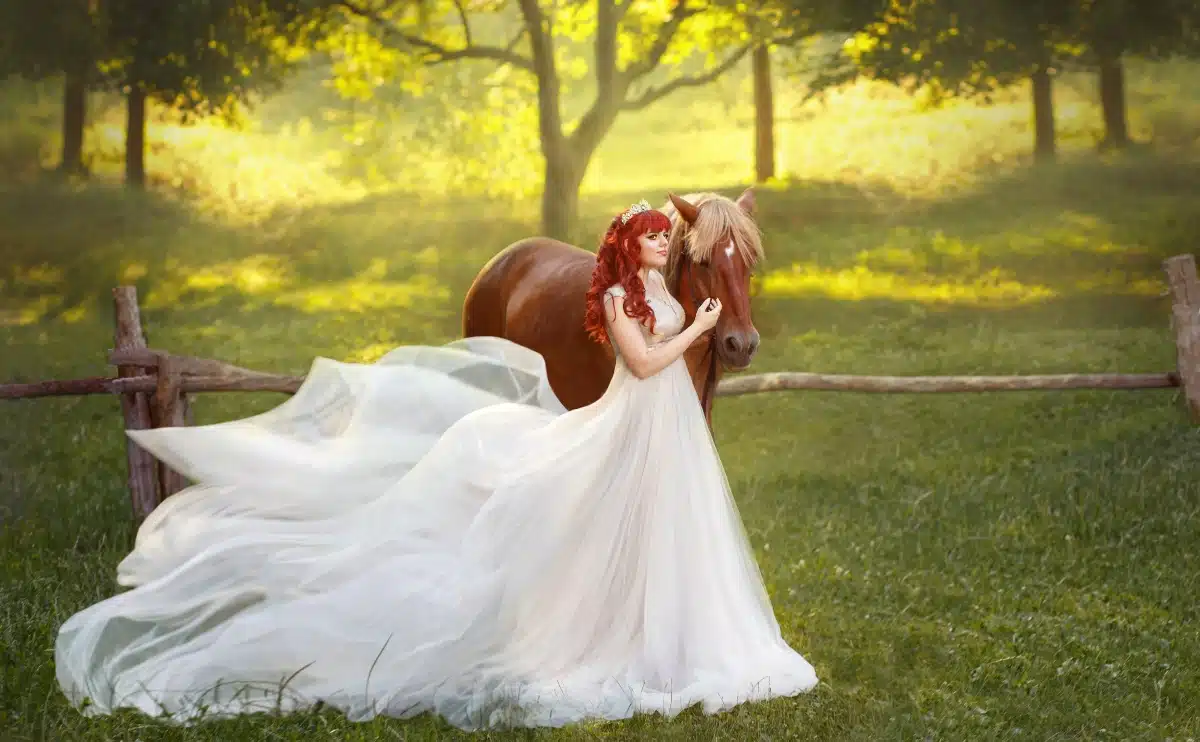
Blissful Poems About Villages

Step into the idyllic world of village poetry, where the essence of rural life comes alive in every line!
Immerse yourself in the beauty of village life with our collection of verses that paint vivid pictures of rolling hills, quaint cottages, and the simplicity that make village life truly special.
Indulge in the magic of village life, where every corner holds a story, and the echoes of generations past intertwine with the hopes and dreams of the present.
So grab a cup of tea, find a cozy spot, and allow these enchanting poems about villages to whisk you away on an unforgettable literary adventure.
Ready to experience the village life all over again?
Let’s jump right in!
My #1 Favorite Poem About Villages

From “The Splendid Village” by Ebenezer Elliott
II
Sweet Village where my early days were pass’d!
Though parted long we meet — we meet at last!
Like friends embrown’d by many a sun and wind,
Much chang’d in mien, but more in heart and mind,
Fair, after many years thy fields appear
With joy beheld but not without a tear.
I met thy little river miles before
I saw again my natal cottage door;
Unchang’d as truth the river welcom’d home
The wanderer of the sea’s heart breaking foam;
But the chang’d cottage like a time tried friend,
Smote on my heart strings at my journey’s end.
For now no lilies bloom the door beside;
The very houseleek on the roof hath died;
The window d gable’s ivy bower is gone,
The rose departed from the porch of stone;
The pink the violet have fled away,
The polyanthus and auricula!
And round my home once bright with flowers, I found
Not one square yard, — one foot of garden ground.
Poems About the Village Life
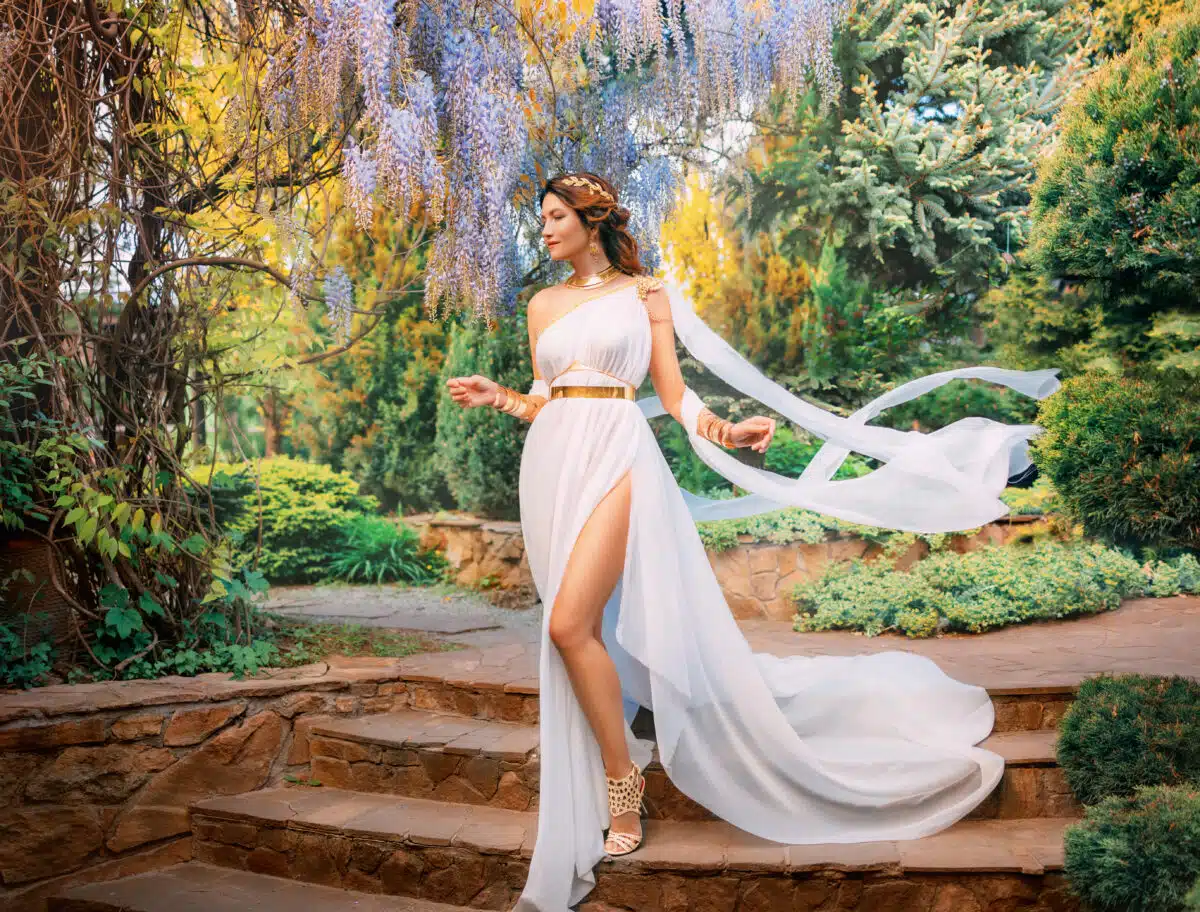
“A Girl’s Garden” by Robert Frost
A neighbor of mine in the village
Likes to tell how one spring
When she was a girl on the farm, she did
A childlike thing.
One day she asked her father
To give her a garden plot
To plant and tend and reap herself,
And he said, “Why not?”
In casting about for a corner
He thought of an idle bit
Of walled-off ground where a shop had stood,
And he said, “Just it.”
And he said, “That ought to make you
An ideal one-girl farm,
And give you a chance to put some strength
On your slim-jim arm.”
It was not enough of a garden,
Her father said, to plough;
So she had to work it all by hand,
But she don’t mind now.
She wheeled the dung in the wheelbarrow
Along a stretch of road;
But she always ran away and left
Her not-nice load.
And hid from anyone passing.
And then she begged the seed.
She says she thinks she planted one
Of all things but weed.
A hill each of potatoes,
Radishes, lettuce, peas,
Tomatoes, beets, beans, pumpkins, corn,
And even fruit trees
And yes, she has long mistrusted
That a cider apple tree
In bearing there to-day is hers,
Or at least may be.
Her crop was a miscellany
When all was said and done,
A little bit of everything,
A great deal of none.
Now when she sees in the village
How village things go,
Just when it seems to come in right,
She says, “I know!
It’s as when I was a farmer——”
Oh, never by way of advice!
And she never sins by telling the tale
To the same person twice.
“The Village Green” by Jane Taylor
On the cheerful village green
Skirted round with houses small
All the boys and girls are seen
Playing there with hoop and ball
Now they frolic hand in hand
Making many a merry chain
Then they form a warlike band
Marching o er the level plain
Now ascends the worsted ball
High it rises in the air
Or against the cottage wall
Up and down it bounces there
Then the hoop with even pace
Runs before the merry crowd
Joy is seen in every face
Joy is heard in clamours loud
Rich array and mansions proud
Gilded toys and costly fare
Would not make the little crowd
Half so happy as they are
Then contented with my state
Let me envy not the great
Since true pleasure may be seen
On a cheerful village green
“The Dead Village” by Edwin Arlington Robinson
Here there is death. But even here, they say,
Here where the dull sun shines this afternoon
As desolate as ever the dead moon
Did glimmer on dead Sardis, men were gay;
And there were little children here to play,
With small soft hands that once did keep in tune
The strings that stretch from heaven, till too soon
The change came, and the music passed away.
Now there is nothing but the ghosts of things,—
No life, no love, no children, and no men;
And over the forgotten place there clings
The strange and unrememberable light
That is in dreams. The music failed, and then
God frowned, and shut the village from His sight.
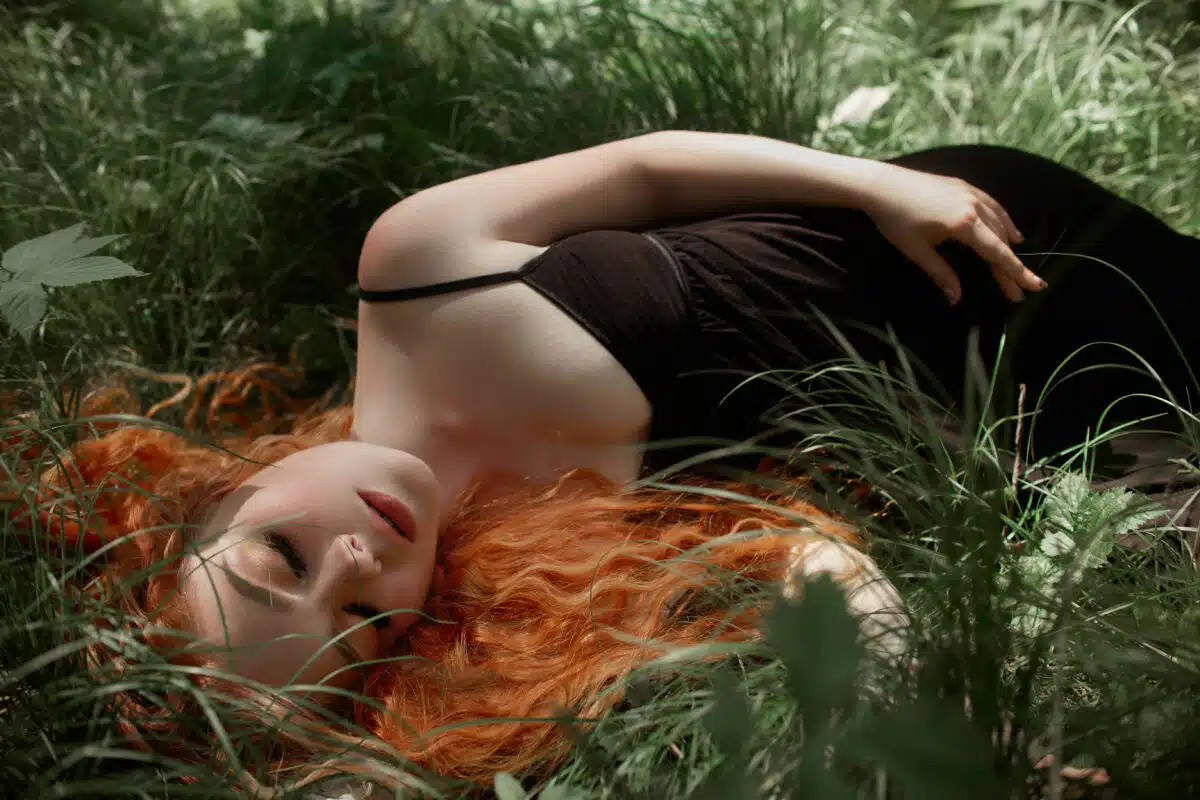
“On Leaving A Village In Scotland” by William Lisle Bowles
Clysdale! as thy romantic vales I leave,
And bid farewell to each retiring hill,
Where musing memory seems to linger still,
Tracing the broad bright landscape; much I grieve
That, mingled with the toiling crowd, no more
I may return your varied views to mark,
Of rocks amid the sunshine towering dark,
Of rivers winding wild, or mountains hoar,
Or castle gleaming on the distant steep!
Yet many a look back on thy hills I cast,
And many a softened image of the past
Sadly combine, and bid remembrance keep,
To soothe me with fair scenes, and fancies rude,
When I pursue my path in solitude.
“The Village Blacksmith” by Henry Wadsworth Longfellow
Under a spreading chestnut-tree
The village smithy stands;
The smith, a mighty man is he,
With large and sinewy hands;
And the muscles of his brawny arms
Are strong as iron bands.
His hair is crisp, and black, and long,
His face is like the tan;
His brow is wet with honest sweat,
He earns whate’er he can,
And looks the whole world in the face,
For he owes not any man.
Week in, week out, from morn till night,
You can hear his bellows blow;
You can hear him swing his heavy sledge,
With measured beat and slow,
Like a sexton ringing the village bell,
When the evening sun is low.
And children coming home from school
Look in at the open door;
They love to see the flaming forge,
And bear the bellows roar,
And catch the burning sparks that fly
Like chaff from a threshing-floor.
He goes on Sunday to the church,
And sits among his boys;
He hears the parson pray and preach,
He hears his daughter’s voice,
Singing in the village choir,
And it makes his heart rejoice.
It sounds to him like her mother’s voice,
Singing in Paradise!
He needs must think of her once more,
How in the grave she lies;
And with his hard, rough hand he wipes
A tear out of his eyes.
Toiling,–rejoicing,–sorrowing,
Onward through life he goes;
Each morning sees some task begin,
Each evening sees it close
Something attempted, something done,
Has earned a night’s repose.
Thanks, thanks to thee, my worthy friend,
For the lesson thou hast taught!
Thus at the flaming forge of life
Our fortunes must be wrought;
Thus on its sounding anvil shaped
Each burning deed and thought.
“The Mountain Village.” by Johann Wolfgang von Goethe
“The mountain village was destroy’d;
But see how soon is fill’d the void!
Shingles and boards, as by magic arise,
The babe in his cradle and swaddling-clothes lies;
How blest to trust to God’s protection!”
Behold a wooden new erection,
So that, if sparks and wind but choose,
God’s self at such a game must lose!

“The Illinois Village” by Vachel Lindsay
O you who lose the art of hope,
Whose temples seem to shrine a lie,
Whose sidewalks are but stones of fear,
Who weep that Liberty must die,
Turn to the little prairie towns,
Your higher hope shall yet begin.
On every side awaits you there
Some gate where glory enters in.
Yet when I see the flocks of girls,
Watching the Sunday train go thro’
(As tho’ the whole wide world went by)
With eyes that long to travel too,
I sigh, despite my soul made glad
By cloudy dresses and brown hair,
Sigh for the sweet life wrenched and torn
By thundering commerce, fierce and bare.
Nymphs of the wheat these girls should be:
Kings of the grove, their lovers strong.
Why are they not inspired, aflame?
This beauty calls for valiant song –
For men to carve these fairy-forms
And faces in a fountain-frieze;
Dancers that own immortal hours;
Painters that work upon their knees;
Maids, lovers, friends, so deep in life,
So deep in love and poet’s deeds,
The railroad is a thing disowned,
The city but a field of weeds.
Who can pass a village church
By night in these clean prairie lands
Without a touch of Spirit-power?
So white and fixed and cool it stands –
A thing from some strange fairy-town,
A pious amaranthine flower,
Unsullied by the winds, as pure
As jade or marble, wrought this hour: –
Rural in form, foursquare and plain,
And yet our sister, the new moon,
Makes it a praying wizard’s dream.
The trees that watch at dusty noon
Breaking its sharpest lines, veil not
The whiteness it reflects from God,
Flashing like Spring on many an eye,
Making clean flesh, that once was clod.
Who can pass a district school
Without the hope that there may wait
Some baby-heart the books shall flame
With zeal to make his playmates great,
To make the whole wide village gleam
A strangely carved celestial gem,
Eternal in its beauty-light,
The Artist’s town of Bethlehem!
“Rural Bliss” by Anthony Charles Deane
The poet is, or ought to be, a hater of the city,
And so, when happiness is mine, and Maud becomes my wife,
We’ll look on town inhabitants with sympathetic pity,
For we shall lead a peaceful and serene Arcadian life.
Then shall I sing in eloquent and most effective phrases,
The grandeur of geraniums and the beauty of the rose;
Immortalise in deathless strains the buttercups and daisies,
For even I can hardly be mistaken as to those.
The music of the nightingale will ring from leafy hollow,
And fill us with a rapture indescribable in words;
And we shall also listen to the robin and the swallow
(I wonder if a swallow sings?) and … well, the other birds.
Too long I dwelt in ignorance of all the countless treasures
Which dwellers in the country have in such abundant store;
To give a single instance of the multitude of pleasures,
The music of the nighting, oh, I mentioned that before.
And shall I prune potato-trees and artichokes, I wonder,
And cultivate the silo-plant, which springs (I hope it springs?)
In graceful foliage overhead? Excuse me if I blunder,
It’s really inconvenient not to know the name of things!
No matter; in the future, when I celebrate the beauty
Of country life in glowing terms, and “build the lofty rhyme”
Aware that every Englishman is bound to do his duty,
I’ll learn to give the stupid things their proper names in time!
Meanwhile, you needn’t wonder at the view I’ve indicated,
The country life appears to me indubitably blest,
For, even if its other charms are somewhat overstated,
As long as Maud is there, you see, what matters all the rest?
“Saturday Night.” by William Lisle Bowles
Come, let us, ere we go to bed,
O’er the decaying embers chat,
Though little Mary hangs her head,
And strokes no more the purring cat.
And let us tell how prisoners pine
In silent dungeons dark and drear;
Whilst on each face the embers shine,
And all is calm and peaceful here.
The English cot is free from cares;
But, see, the brand is wasted quite;
Come, little Mary, say your prayers;
Kiss, mother, kiss! good night, good night!
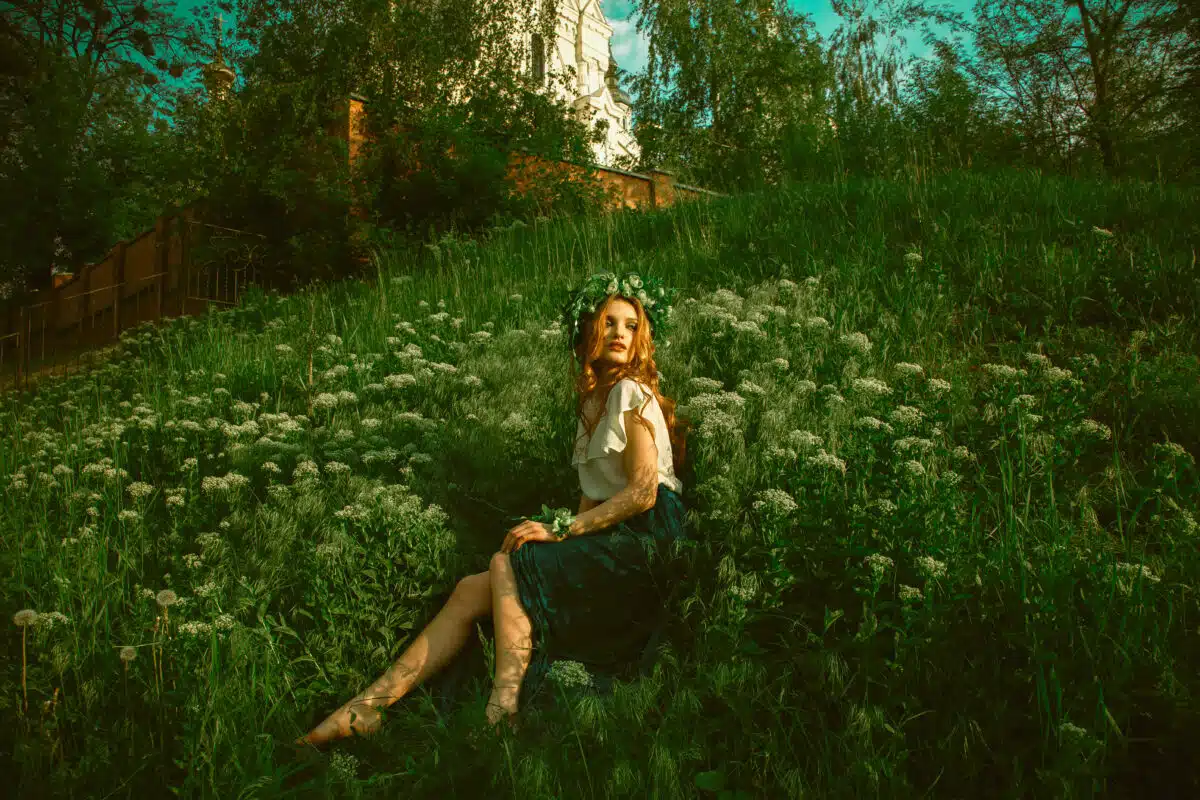
“April In The Hills” by Archibald Lampman
To-day the world is wide and fair
With sunny fields of lucid air,
And waters dancing everywhere;
The snow is almost gone;
The noon is builded high with light,
And over heaven’s liquid height,
In steady fleets serene and white,
The happy clouds go on.
The channels run, the bare earth steams,
And every hollow rings and gleams
With jetting falls and dashing streams;
The rivers burst and fill;
The fields are full of little lakes,
And when the romping wind awakes
The water ruffles blue and shakes,
And the pines roar on the hill.
The crows go by, a noisy throng;
About the meadows all day long
The shore-lark drops his brittle song;
And up the leafless tree
The nut-hatch runs, and nods, and clings;
The bluebird dips with flashing wings,
The robin flutes, the sparrow sings,
And the swallows float and flee.
I break the spirit’s cloudy bands,
A wanderer in enchanted lands,
I feel the sun upon my hands;
And far from care and strife
The broad earth bids me forth. I rise
With lifted brow and upward eyes.
I bathe my spirit in blue skies,
And taste the springs of life.
I feel the tumult of new birth;
I waken with the wakening earth;
I match the bluebird in her mirth;
And wild with wind and sun,
A treasurer of immortal days,
I roam the glorious world with praise,
The hillsides and the woodland ways,
Till earth and I are one.
“The Village Bells.” by William Lisle Bowles
Who does not love the village bells,
Their cheerful peal, and solemn toll!
One of the rustic wedding tells,
And one bespeaks a parting soul.
The lark in sunshine sings his song,
And, dressed in garments white and gay,
The village lasses trip along,
For this is Susan’s wedding-day.
Ah! gather flowers of sweetest hue,
Young violets from the bank’s green side,
And on poor Mary’s coffin strew,
For in the bloom of life she died.
So passes life! the smile, the tear,
Succeed, as in our path we stray,
Thy kingdom come, for we are here
As guests who tarry but a day.
“A Fleeting Glimpse Of A Village.” by Victor-Marie Hugo
How graceful the picture! the life, the repose!
The sunbeam that plays on the porchstone wide;
And the shadow that fleets o’er the stream that flows,
And the soft blue sky with the hill’s green side.
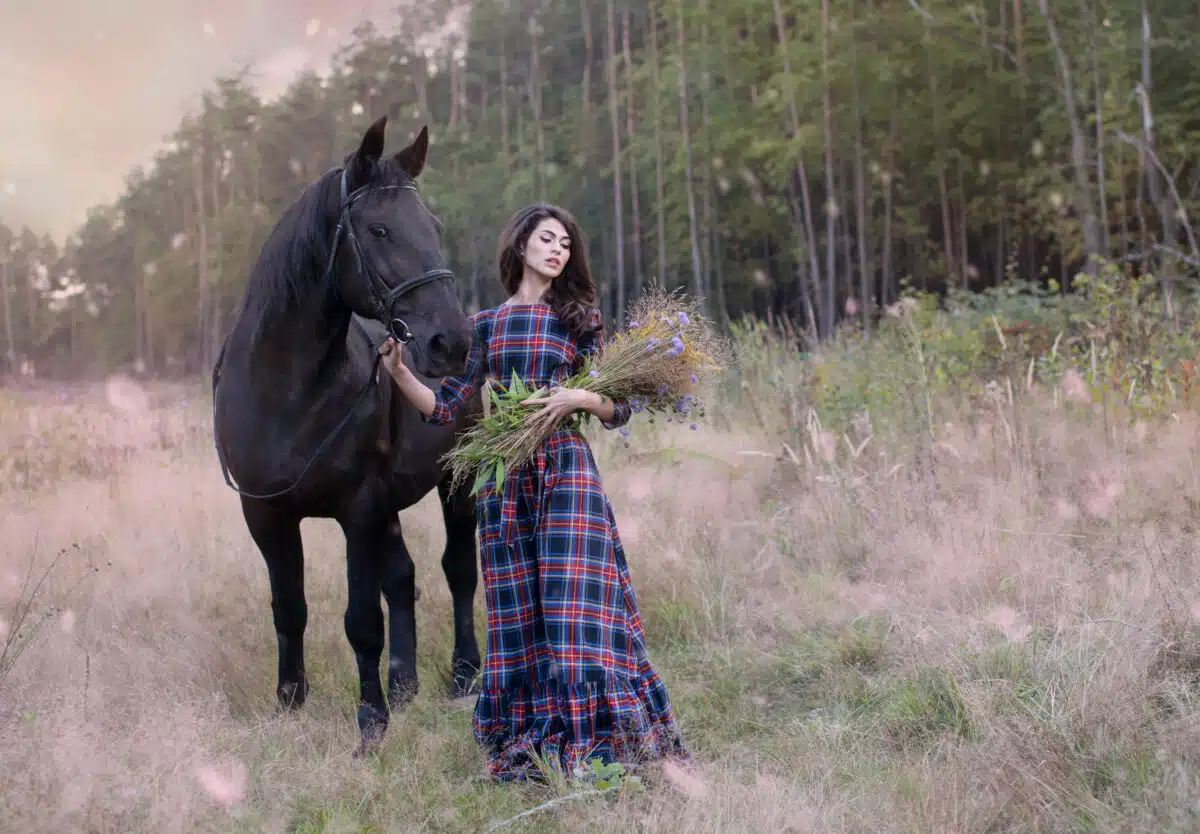
From “Our Village. – By A Villager.” by Thomas Hood
Our village, that’s to say, not Miss Mitford’s village, but our village of Bullock Smithy,
Is come into by an avenue of trees, three oak pollards, two elders, and a withy;
And in the middle there’s a green, of about not exceeding an acre and a half;
It’s common to all and fed off by nineteen cows, six ponies, three horses, five asses, two foals, seven pigs, and a calf!
Besides a pond in the middle, as is held by a similar sort of common law lease,
And contains twenty ducks, six drakes, three ganders, two dead dogs, four drowned kittens, and twelve geese.
Of course the green’s cropt very close, and does famous for bowling when the little village boys play at cricket;
Only some horse, or pig, or cow, or great jackass, is sure to come and stand right before the wicket.
There’s fifty-five private houses, let alone barns and workshops, and pigsties, and poultry huts, and such-like sheds,
With plenty of public-houses – two Foxes, one Green Man, three Bunch of Grapes, one Crown, and six King’s Heads.
The Green Man is reckoned the best, as the only one that for love or money can raise
A postillion, a blue jacket, two deplorable lame white horses, and a ramshackle “neat post-chaise!”
There’s one parish church for all the people, whatsoever may be their ranks in life or their degrees,
Except one very damp, small, dark, freezing cold, a little Methodist Chapel of Ease;
And close by the churchyard, there’s a stone-mason’s yard, that when the time is seasonable
Will furnish with afflictions sore and marble urns and cherubims, very low and reasonable.
From “The Deserted Village” by Oliver Goldsmith
Sweet Auburn! loveliest village of the plain,
Where health and plenty cheer’d the labouring swain,
Where smiling spring its earliest visit paid,
And parting summer’s lingering blooms delay’d:
Dear lovely bowers of innocence and ease,
Seats of my youth, when every sport could please,
How often have I loiter’d o’er thy green,
Where humble happiness endear’d each scene;
How often have I paus’d on every charm,
The shelter’d cot, the cultivated farm,
The never-failing brook, the busy mill,
The decent church that topp’d the neighbouring hill,
The hawthorn bush, with seats beneath the shade,
For talking age and whisp’ring lovers made;
How often have I bless’d the coming day,
When toil remitting lent its turn to play,
And all the village train, from labour free,
Led up their sports beneath the spreading tree;
While many a pastime circled in the shade,
The young contending as the old survey’d;
And many a gambol frolick’d o’er the ground,
And sleights of art and feats of strength went round;
And still as each repeated pleasure tir’d,
Succeeding sports the mirthful band inspir’d;
The dancing pair that simply sought renown,
By holding out to tire each other down;
The swain mistrustless of his smutted face,
While secret laughter titter’d round the place;
The bashful virgin’s side-long looks of love,
The matron’s glance that would those looks reprove:
These were thy charms, sweet village; sports like these,
With sweet succession, taught e’en toil to please;
These round thy bowers their cheerful influence shed,
These were thy charms–But all these charms are fled.
“Evenen In The Village” by William Barnes
Now the light o’ the west is a-turn’d to gloom,
An’ the men be at hwome vrom ground;
An’ the bells be a-zend\’n all down the Coombe
From tower, their mwoansome sound.
An’ the wind is still,
An’ the house-dogs do bark,
An’ the rooks be a-vled to the elems high an’ dark,
An’ the water do roar at mill.
An’ the flicker’n light drough the window-pe’ne
Vrom the candle’s dull fle’me do shoot,
An’ young Jemmy the smith is a-gone down le’ne,
A-pla’n his shrill-vaiced flute.
An’ the miller’s man,
Do zit down at his ease
On the seat that is under the cluster o’ trees,
Wi’ his pipe an’ his cider can.

“Village in Late Summer” by Carl Sandburg
Lips half-willing in a doorway.
Lips half-singing at a window.
Eyes half-dreaming in the walls.
Feet half-dancing in a kitchen.
Even the clocks half-yawn the hours
And the farmers make half-answers.
“On A Distant View Of The Village And School Of Harrow On The Hill, 1806.” by George Gordon Byron
1.
Ye scenes of my childhood, whose lov’d recollection
Embitters the present, compar’d with the past;
Where science first dawn’d on the powers of reflection,
And friendships were form’d, too romantic to last;
2.
Where fancy, yet, joys to retrace the resemblance
Of comrades, in friendship and mischief allied;
How welcome to me your ne’er fading remembrance,
Which rests in the bosom, though hope is deny’d!
3.
Again I revisit the hills where we sported,
The streams where we swam, and the fields where we fought;
The school where, loud warn’d by the bell, we resorted,
To pore o’er the precepts by Pedagogues taught.
4.
Again I behold where for hours I have ponder’d,
As reclining, at eve, on yon tombstone I lay;
Or round the steep brow of the churchyard I wander’d,
To catch the last gleam of the sun’s setting ray.
5.
I once more view the room, with spectators surrounded,
Where, as Zanga, I trod on Alonzo o’erthrown;
While, to swell my young pride, such applauses resounded,
I fancied that Mossop himself was outshone.
6.
Or, as Lear, I pour’d forth the deep imprecation,
By my daughters, of kingdom and reason depriv’d;
Till, fir’d by loud plaudits and self-adulation,
I regarded myself as a Garrick reviv’d.
7.
Ye dreams of my boyhood, how much I regret you!
Unfaded your memory dwells in my breast;
Though sad and deserted, I ne’er can forget you:
Your pleasures may still be in fancy possest.
8.
To Ida full oft may remembrance restore me,
While Fate shall the shades of the future unroll!
Since Darkness o’ershadows the prospect before me,
More dear is the beam of the past to my soul!
9.
But if, through the course of the years which await me,
Some new scene of pleasure should open to view,
I will say, while with rapture the thought shall elate me,
“Oh! such were the days which my infancy knew.”
“A Legend Of Buckingham Village.” by Nora Pembroke (Margaret Moran Dixon McDougall)
PART I
Away up on the River aux Lievres,
That is foaming and surging always,
And from rock to rock leaping through rapids,
Which are curtained by showers of spray;
That is eddying, whirling and chasing
All the white swells that break on the shore;
And then dashing and thundering onward,
With the sound of a cataract’s roar.
And up here is the Buckingham village,
Which is built on these waters of strife,
It was here that the minister Babin,
Stood and preached of the Gospel of Life,
Of the message of love and of mercy,
The glad tidings of freedom and peace,
Of help for the hopeless and helpless,
For all weary ones rest and relief.
Was his message all noise like the rapids?
Was it empty and light as the foam?
Ah me! what thought the desolate inmate
Of the still upper room of his home?
One too many, one sad and unwelcome,
That reclined in his invalid’s chair,
With her pale, busy fingers still knitting
Yarn mingled with sorrow and care.
And the brother stood up in the pulpit,
Stood up there in the neat village church,
And he preached of the pool of Bethesda,
Where the poor lame man lay in the porch
Waiting for the invisible mercy,
That shall healing and blessedness bring,
For those soft waters never were troubled,
Until swept by the life angel’s wing.
But was that cottage home a Bethesda?
Was the porch up the dark narrow stair?
Were the thoughts of the lonely sister
Brighter made by a fond brother’s care?
Ah who knows!–for the chair now is empty,
And the impotent girl is away,
While the night and the darkness covered
Such a deed from the light of the day.
Did she struggle for her dear existence?
Did the wild night winds bear off her cry?
Ere the pitiless, swift surging waters,
Caught and smothered her agony;
And again when the black, whirling eddy,
Drew her down to its cold, rocky bed,
Who was it that stood so remorseless
On the strong ice arched over her head?
Men may join and strike hands to hide it,
And agree to say evil is good;
Mingled with the loud roar of the waters,
Rings the cry of our lost sister’s blood.
Mirth and song, and untimely music,
May sound up to the starry skies;
Nought of earth can stifle the gnawing
Of that dread worm that never dies.
PART II
Away in a distant city,
Is a stranger all unknown;
Far, far from the leaping river,
That is rushing past his home.
He lay in the stilly silence
Of a quiet, darkened room,
Feeling that the dread death angel
Stands in the gathering gloom.
One foot on shadowy waters,
One foot on the earthly shore;
He swears to the shrinking mortal,
That his time shall be no more.
The spray of the silent river,
Is cold beaded on his brow,
For Jordan’s billowy swellings
Are bearing him onward now
He is floating into darkness,
Going with the shifting tide,
And there is the seat of judgment,
Waits him at the further side.
But his eyes are looking backward,
In pauses of mortal strife,
And he sees the quiet village,
Where he preached the word of life.
And he sees the pleasant cottage,
To which in the flush of pride,
The popular village pastor,
Brought home a most haughty bride
But ever there comes another,
With a pale and pleading face,
So helpless, and so unwelcome,
A burden and a disgrace
And the river roars and rushes,
Leaping past with fearful din,
Its ever foaming caldron
Suggesting a deadly sin.
Saying, “I am partially sheeted,
In the winter’s ice and snow,
What’s plunged in my dashing waters,
No mortal shall ever know”
So ever with nervous fingers,
He harnesses up his sleigh;
So ever with stealthy movements,
He travels the icy way.
And stops where the yawning chasm,
Shows the yawning wave beneath,
And she knows with sudden horror,
That she has been brought to her death
Her weak hands cling to his bosom,
His ears are thrilled with her cry;
When the last struggling strength went forth
In that shriek of agony.
So his most unwilling spirit,
Still travels memory’s track,
Despair staring blindly forward,
Remorse ever dragging back.
Again he walks by the waters,
While innocent mortals sleep,
Asking the pitiless river,
The horrible deed to keep.
Spring comes and the ice is breaking,
Does it break before its time?
Then he knows on God’s fair footstool
No shelter there is for crime.
For the rushing, tempting waters,
Have got an accusing roar;
The treacherous sweeping eddy
Has brought the crime to his door.
Then he lives over and over,
That moment of anguished dread,
When the cry arose–awestruck hands
Had found and borne oft his dead.
Thus he, conscience-lashed and goaded,
Feeling as the murderer feels,
Has reached the last, last spot of earth,
The Avenger at his heels
Ah me! to plunge in those swellings,
Along with that ghastly face,
Going out on unknown waters
In that clinging dread embrace
So he floated on to judgment,
What award may meet him there,
Who knows–but his earthly punishment
Was greater than he could bear
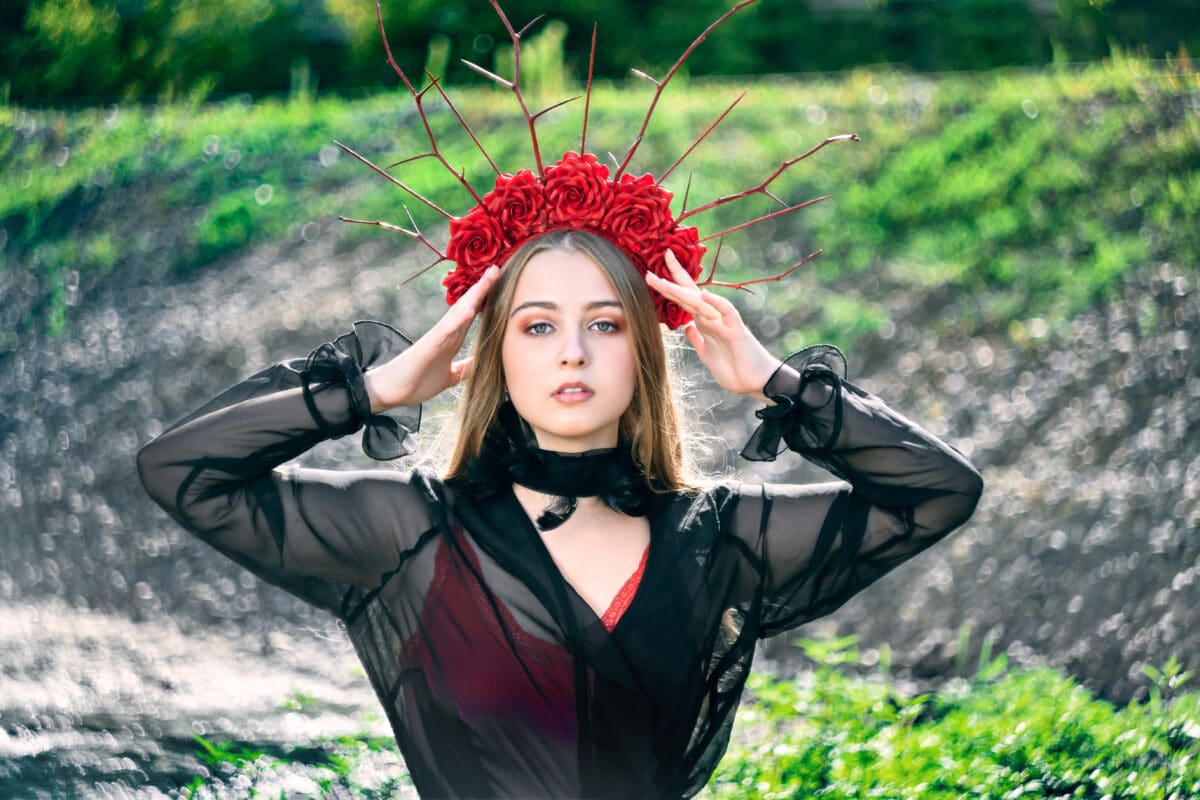
“The Village Atheist” by Edgar Lee Masters
Ye young debaters over the doctrine
Of the soul’s immortality
I who lie here was the village atheist,
Talkative, contentious, versed in the arguments
Of the infidels. But through a long sickness
Coughing myself to death I read the
Upanishads and the poetry of Jesus.
And they lighted a torch of hope and intuition
And desire which the Shadow
Leading me swiftly through the caverns of darkness,
Could not extinguish.
Listen to me, ye who live in the senses
And think through the senses only:
Immortality is not a gift,
Immortality is an achievement;
And only those who strive mightily
Shall possess it.
Poems About Village Boys
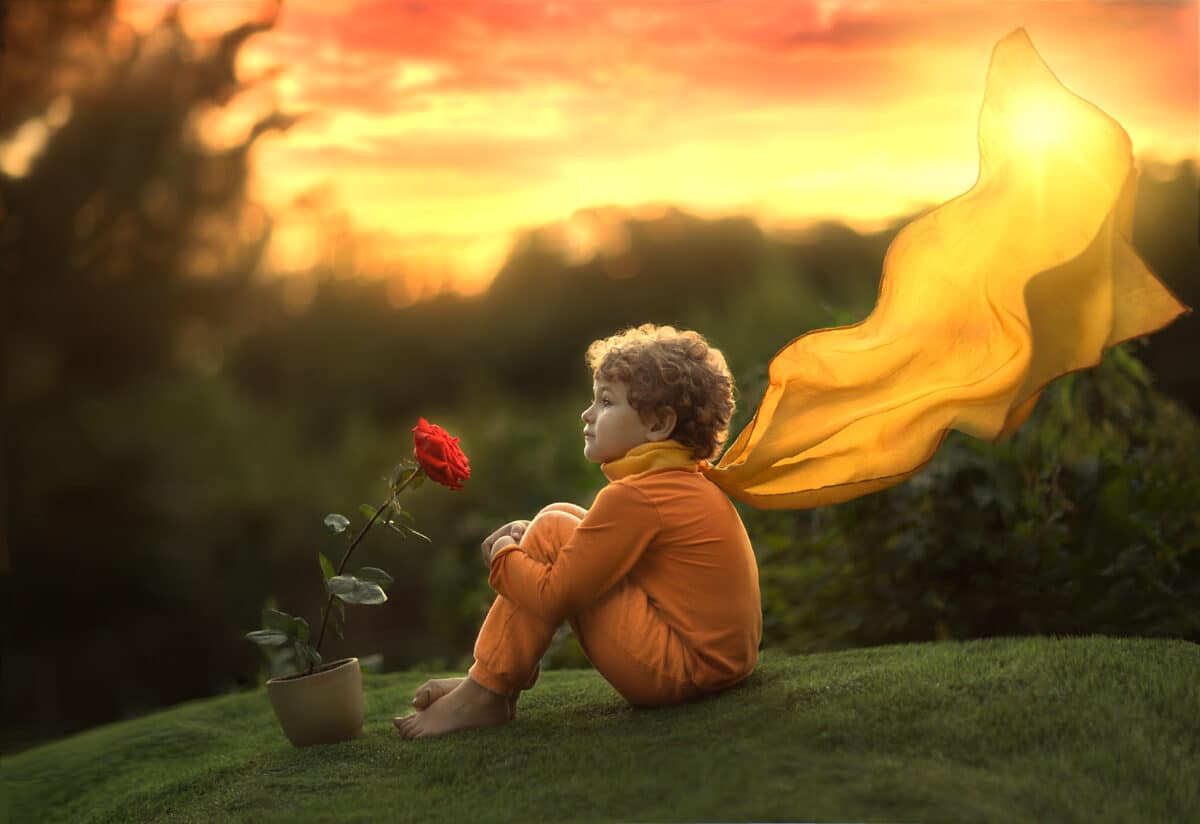
“Return of the Village Boy” by Alfred Lichtenstein
In my youth the world was a small pond,
Grandma and red roof, lowing
Of oxen and a clump of trees.
And all around the huge green meadow.
How lovely was this dreaming into distance.
This absolute nothingness as bright air and wind
And bird cries and fairy-tale books.
Far off the fabled iron snake whistled –
“Village Idiot” by Paul Cameron Brown
Dodder capitulates on his bum,
skulks under fence posts
a twitch of Timothy weed prying
apart his massive lips.
A strip of lavatory paper
his golden rule; the
merrie lad bakes ready made
surprises to the jowled response
of his parting brains.
The mastication of shoe laces
on tired leather jerkins akin
to grinding Michelin rubber – his
reedy voice in overbite haste
rounding corners like a club-footed
dog travelling edgewise
from his master’s sight.
“The Village Miser” by Madison Julius Cawein
The dogs made way for him and snarled and ran;
And little children to their parents clung,
Big-eyed with fear, when, gruff of look and tongue,
Bent-backed he passed who had the village ban.
In old drab coat and trousers, shoes of tan,
And scarecrow hat, from some odd fashion sprung,
A threadbare cloak about his shoulders flung,
Grasping a crooked stick, limped by this man.
Unspeaking and unspoken to, but oft
Cursed after for a miser as he passed,
Or barked at by the dogs who feared his cane.
One day they found him dead; killed in his loft.
Among his books, the hoard which he had massed.
And then they laughed and swore he was insane.
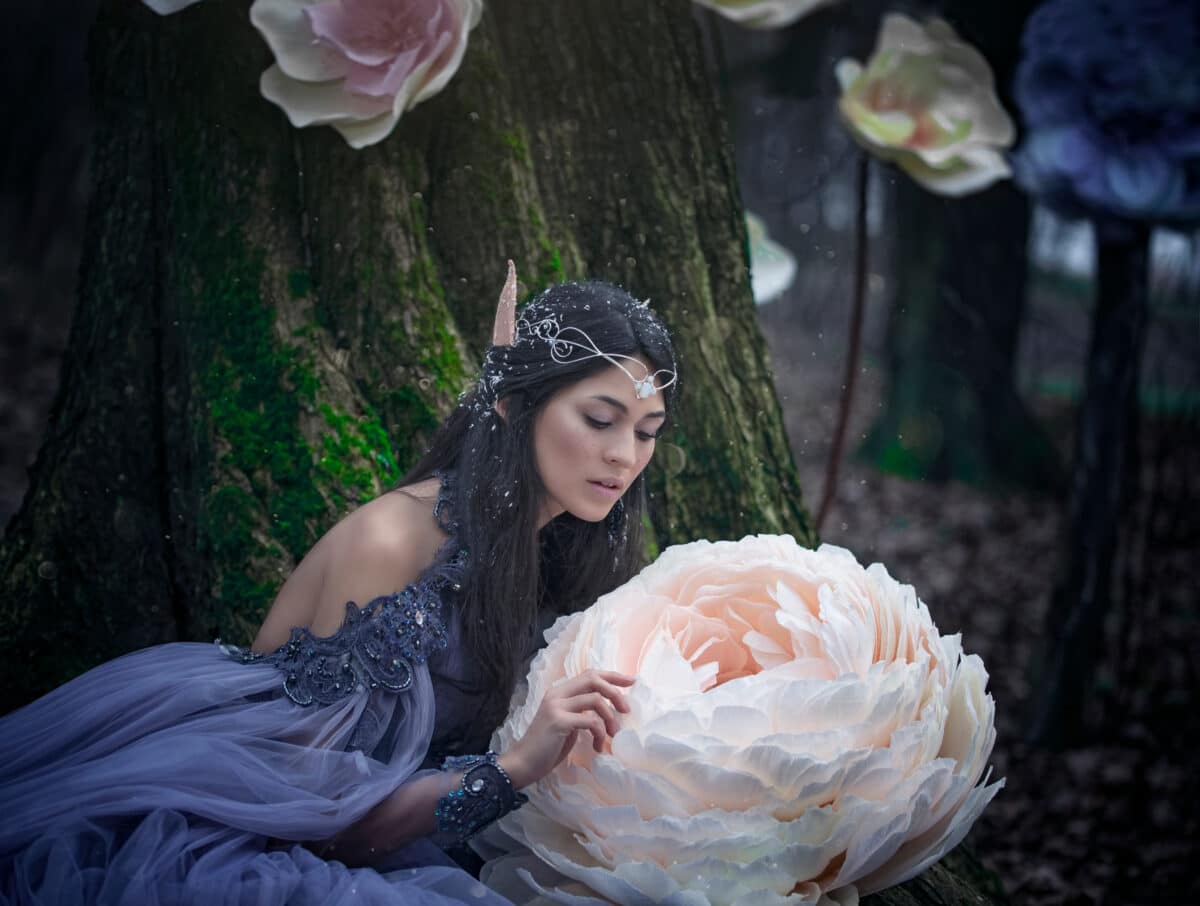
“The Village Saturday Night.” by Giacomo Leopardi
The damsel from the field returns,
The sun is sinking in the west;
Her bundle on her head she sets,
And in her hand she bears
A bunch of roses and of violets.
To-morrow is a holiday,
And she, as usual, must them wear
Upon her bodice, in her hair.
The old crone sits among her mates,
Upon the stairs, and spins;
And, looking at the fading light,
Of good old-fashioned times she prates,
When she, too, dressed for holidays,
And with light heart, and limb as light,
Would dance at night
With the companions of her merry days.
The twilight shades around us close,
The sky to deepest blue is turned;
From hills and roofs the shadows fall,
And the new moon her face of silver shows.
And now the cheerful bell
Proclaims the coming festival.
By its familiar voice
How every heart is cheered!
The children all in troops,
Around the little square
Go, leaping here and there,
And make a joyful sound.
Meanwhile the ploughman, whistling, returns
Unto his humble nest,
And thinks with pleasure of his day of rest.
Then, when all other lights are out,
And all is silent round,
The hammer’s stroke we hear,
We hear the saw of carpenter,
Who with closed doors his vigil keeps,
Toils o’er his lamp and strives so hard,
His work to finish ere the dawn appear.
The dearest day of all the week
Is this, of hope and joy so full;
To-morrow, sad and dull,
The hours will bring, for each must in his thought
His customary task-work seek.
Thou little, sportive boy,
This blooming age of thine
Is like to-day, so full of joy;
And is the day, indeed,
That must the sabbath of thy life precede.
Enjoy, it, then, my darling child,
Nor speed the flying hours!
I say to thee no more:
Alas, in this sad world of ours,
How far exceeds the holiday,
The day that goes before!
“The Village Street” by Edgar Allan Poe
In these rapid, restless shadows,
Once I walked at eventide,
When a gentle, silent maiden,
Walked in beauty at my side.
She alone there walked beside me
All in beauty, like a bride.
Pallidly the moon was shining
On the dewy meadows nigh;
On the silvery, silent rivers,
On the mountains far and high,,
On the ocean’s star-lit waters,
Where the winds a-weary die.
Slowly, silently we wandered
From the open cottage door,
Underneath the elm’s long branches
To the pavement bending o’er;
Underneath the mossy willow
And the dying sycamore.
With the myriad stars in beauty
All bedight, the heavens were seen,
Radiant hopes were bright around me,
Like the light of stars serene;
Like the mellow midnight splendor
Of the Night’s irradiate queen.
Audibly the elm-leaves whispered
Peaceful, pleasant melodies,
Like the distant murmured music
Of unquiet, lovely seas;
While the winds were hushed in slumber
In the fragrant flowers and trees.
Wondrous and unwonted beauty
Still adorning all did seem,
While I told my love in fables
‘Neath the willows by the stream;
Would the heart have kept unspoken
Love that was its rarest dream!
Instantly away we wandered
In the shadowy twilight tide,
She, the silent, scornful maiden,
Walking calmly at my side,
With a step serene and stately,
All in beauty, all in pride.
Vacantly I walked beside her.
On the earth mine eyes were cast;
Swift and keen there came unto me
Bitter memories of the past,
On me, like the rain in Autumn
On the dead leaves, cold and fast.
Underneath the elms we parted,
By the lowly cottage door;
One brief word alone was uttered,
Never on our lips before;
And away I walked forlornly,
Broken-hearted evermore.
Slowly, silently I loitered,
Homeward, in the night, alone;
Sudden anguish bound my spirit,
That my youth had never known;
Wild unrest, like that which cometh
When the Night’s first dream hath flown.
Now, to me the elm-leaves whisper
Mad, discordant melodies,
And keen melodies like shadows
Haunt the moaning willow trees,
And the sycamores with laughter
Mock me in the nightly breeze.
Sad and pale the Autumn moonlight
Through the sighing foliage streams;
And each morning, midnight shadow,
Shadow of my sorrow seems;
Strive, O heart, forget thine idol!
And, O soul, forget thy dreams!
Poems About Village Women
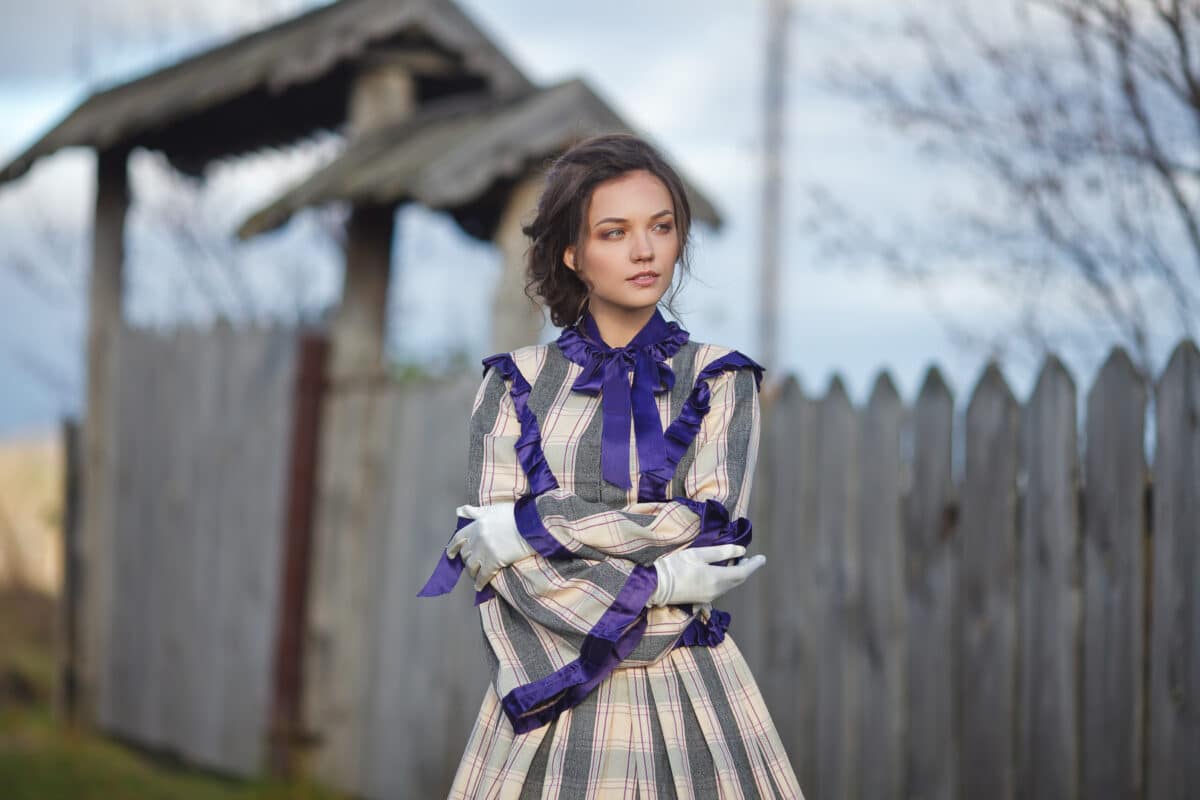
“To Miss Mitford: Authoress Of ‘Our Village” by Charles Kingsley
The single eye, the daughter of the light;
Well pleased to recognise in lowliest shade
Some glimmer of its parent beam, and made
By daily draughts of brightness, inly bright.
The taste severe, yet graceful, trained aright
In classic depth and clearness, and repaid
By thanks and honour from the wise and staid –
By pleasant skill to blame, and yet delight,
And high communion with the eloquent throng
Of those who purified our speech and song –
All these are yours. The same examples lure,
You in each woodland, me on breezy moor –
With kindred aim the same sweet path along,
To knit in loving knowledge rich and poor.
From “The Village Wife’s Lament” by Maurice Henry Hewlett
I
O what is this you’ve done to me,
Or what have I done,
That bare should be our fair roof-tree,
And I all alone?
‘Tis worse than widow I become
More than desolate,
To face a worse than empty home
Without child or mate.
‘Twas not my strife askt him his life
When it was but begun,
Nor mine, I was a new-made wife
And now I am none;
Nor mine that many a sapless ghost
Wails in sorrow-fare–
But this does cost my pride the most,
That bloodshedding to share.
Image of streaming eyes, tear-gleaming,
Of women foiled and defeat,
I am like Christ shockt out of dreaming,
Showing His hands and feet;
Showing His feet and hands to God,
Saying, “Are these in vain?
For men I have trod the sorrowful road,
And by them I am slain.”
Seeing I have a breast in common,
I must share in that shame,
Since from the womb of some poor woman
Each evil one came–
Every hot and blundering thought,
Every hag-rid will,
And every haut king pride-distraught
That drove men out to kill.
A woman’s womb did fashion him,
Her bosom was his nurse,
And many women’s eyes are dim
To see their sons a curse.
Had I the wit some women have
To one such I would say,
“Think you this love the good Lord gave
Is yours to take away?”
O Hand divine that for a sign
Didst bend the rose-red bow,
Betokening wrath was no more Thine
With man’s Cain-branded brow–
What now, O Lord, shouldst Thou accord
To such a shameful brood?
A bow as crimson as the sword
Which men have soakt in blood.
II
I cannot see the grass
Or feel the wind blowing,
But I think of brother and brother
And hot blood flowing.
The whole world akin,
And I, an alien,
Walk branded with the sin
And the blood-guilt of men.
And often I cry
In my sharp distress,
It were better to die
Than know such bitterness.
“The Village Girl And Her High Born Suitor.” by Rosanna Eleanor Leprohon
“O maiden, peerless, come dwell with me,
And bright shall I render thy destiny:
Thou shalt leave thy cot by the green hillside,
To dwell in a palace home of pride,
Where crowding menials, with lowly mien,
Shall attend each wish of their lovely queen.”
“Ah! stranger my cot by the green hillside
Hath more charms for me than thy halls of pride;
If the roof be lowly, the moss rose there
Rich fragrance sheds on the summer air;
And the birds and insects, with joyous song,
Are more welcome far than a menial throng.”
“Child, tell me not so! too fair art thou,
With thy starry eyes and thy queenlike brow,
To dwell in this spot, sequestered and lone,
Thy marvelous beauty to all unknown;
And that form, which might grace a throne, arrayed
In the lowly garb of a peasant maid.”
“Nay, a few short days since didst thou not say
That I in my rustic kirtle gray
In thine eyes looked lovelier fairer far
Than robed in rich state as court ladies are;
And the wreath of violets in my hair
Pleased thee more than diamond or ruby rare.”
“Beloved! if thus coldly thou turn’st aside
From the tempting lures of wealth and pride,
Sure thy woman’s heart must some pity own
For one who breathes for thy self alone,
And who would brave suffering, grief and toil
To win from thy rose lips one shy, sweet smile.”
“Ah! enough of this – thy love may be true,
But I have tried friends who love me too;
And in proud homes governed by fashion’s voice,
Thou would’st learn to blush for thy lowly choice.
Go, seek thee a noble, a high born bride,
And leave me my cot by the green hillside!”
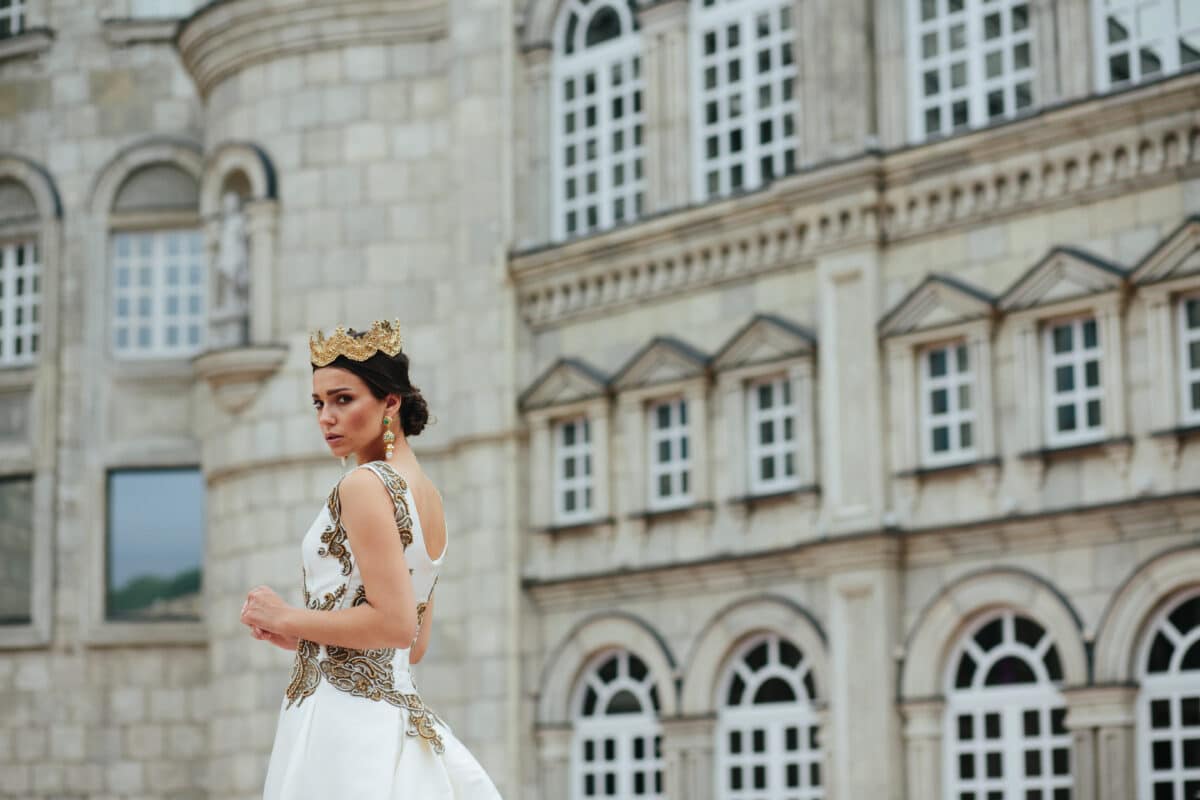
“Queen Mab in the Village” by Vachel Lindsay
Once I loved a fairy,
Queen Mab it was. Her voice
Was like a little Fountain
That bids the birds rejoice.
Her face was wise and solemn,
Her hair was brown and fine.
Her dress was pansy velvet,
A butterfly design.
To see her hover round me
Or walk the hills of air,
Awakened love’s deep pulses
And boyhood’s first despair;
A passion like a sword-blade
That pierced me thro’ and thro’:
Her fingers healed the sorrow
Her whisper would renew.
We sighed and reigned and feasted
Within a hollow tree,
We vowed our love was boundless,
Eternal as the sea.
She banished from her kingdom
The mortal boy I grew –
So tall and crude and noisy,
I killed grasshoppers too.
I threw big rocks at pigeons,
I plucked and tore apart
The weeping, wailing daisies,
And broke my lady’s heart.
At length I grew to manhood,
I scarcely could believe
I ever loved the lady,
Or caused her court to grieve,
Until a dream came to me,
One bleak first night of Spring,
Ere tides of apple blossoms
Rolled in o’er everything,
While rain and sleet and snowbanks
Were still a-vexing men,
Ere robin and his comrades
Were nesting once again.
I saw Mab’s Book of Judgment –
Its clasps were iron and stone,
Its leaves were mammoth ivory,
Its boards were mammoth bone, –
Hid in her seaside mountains,
Forgotten or unkept,
Beneath its mighty covers
Her wrath against me slept.
And deeply I repented
Of brash and boyish crime,
Of murder of things lovely
Now and in olden time.
I cursed my vain ambition,
My would-be worldly days,
And craved the paths of wonder,
Of dewy dawns and fays.
I cried, “Our love was boundless,
Eternal as the sea,
O Queen, reverse the sentence,
Come back and master me!”
The book was by the cliff-side
Upon its edge upright.
I laid me by it softly,
And wept throughout the night.
And there at dawn I saw it,
No book now, but a door,
Upon its panels written,
“Judgment is no more.”
The bolt flew back with thunder,
I saw within that place
A mermaid wrapped in seaweed
With Mab’s immortal face,
Yet grown now to a woman,
A woman to the knee.
She cried, she clasped me fondly,
We soon were in the sea.
Ah, she was wise and subtle,
And gay and strong and sleek,
We chained the wicked sword-fish,
We played at hide and seek.
We floated on the water,
We heard the dawn-wind sing,
I made from ocean-wonders,
Her bridal wreath and ring.
All mortal girls were shadows,
All earth-life but a mist,
When deep beneath the maelstrom,
The mermaid’s heart I kissed.
I woke beside the church-door
Of our small inland town,
Bowing to a maiden
In a pansy-velvet gown,
Who had not heard of fairies,
Yet seemed of love to dream.
We planned an earthly cottage
Beside an earthly stream.
Our wedding long is over,
With toil the years fill up,
Yet in the evening silence,
We drink a deep-sea cup.
Nothing the fay remembers,
Yet when she turns to me,
We meet beneath the whirlpool,
We swim the golden sea.
“Minerva Jones” by Edgar Lee Masters
I am Minerva, the village poetess,
Hooted at, jeered at by the Yahoos of the street
For my heavy body, cock-eye, and rolling walk,
And all the more when “Butch” Weldy
Captured me after a brutal hunt.
He left me to my fate with Doctor Meyers;
And I sank into death, growing numb from the feet up,
Like one stepping deeper and deeper into a stream of ice.
Will some one go to the village newspaper,
And gather into a book the verses I wrote?—
I thirsted so for love!
I hungered so for life!
“The Village Benefactress” by Frederick Tennyson
Dear Village Maid, who from thy little store,
Of knowledge, and of riches, canst supply
The flower and fruitage of humanity,
Balm for thyself, and comfort for the poor;
I never pass the woodbines round thy door
But in my heart there swells a wistful sigh,—
O, could I change all gauds of vanity
For peace like thine, increasing evermore!
By day thy sweet face, passing through the gate,
Is welcome as the bounty-bearing light,
Thy frugal lamp is to the desolate
A star of promise, dawning through the night;
O, if all hearts were only like to thine,
Night would not be, though stars should cease to shine!
